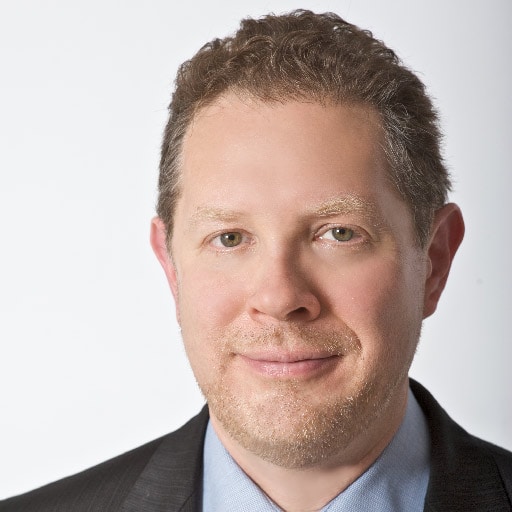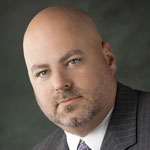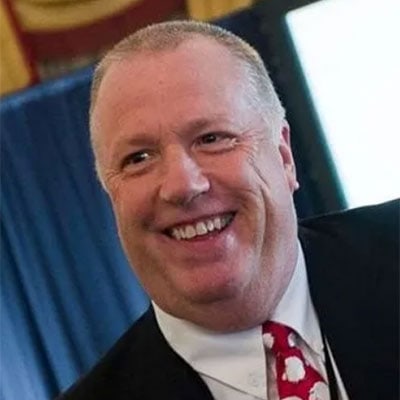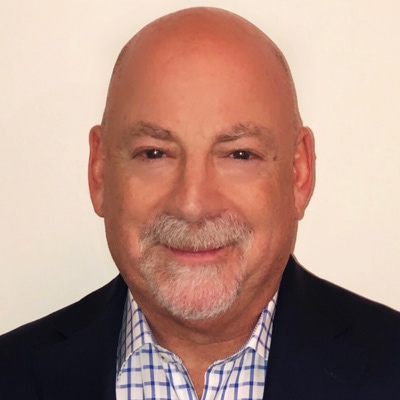Every now and then, I’m lucky enough to meet someone who “follows the science.” I count on such folks to teach me some science that I do not yet know. Being scientifically literate, I like to start by asking them some basic questions:
How are key data terms defined? How are data collected and reported? What theories guided the design of the models that process the raw data? What studies validated the models? How sensitive are the models to variations in inputs? How well do the models perform using historical data? Do the models have a track record at prediction — and if so, how well have they done? What alternative hypotheses were considered? How were the hypotheses tested?
Anyone surprised by such questions can’t plausibly claim to understand the science, much less to follow it. Most likely, they’ve confused “the science” with a selected scientist, a claimed scientific consensus, or the scientific establishment. Or, worse, partisan politics masquerading as science.
The confusion stems from a common misconception — an improper line many people draw between scientists working for corporations and scientists working for universities or government agencies. While most people understand that corporate scientists tend to support positions that serve corporate interests, many have been fooled into believing that academic and government scientists serve objective scientific truth.
Employment incentives are important to all scientists. The only difference is that it’s easier for outsiders to guess what a corporation wants its scientists to say than it is to understand what drives career advancement in academia or government.
With the absence of a bottom line or market feedback, success in academic or government science often flows to those most adept at flattering their more senior colleagues. Because the greatest form of scientific flattery is building upon someone else’s work, promotions and prestigious appointments invariably go to scientists who confirm that their supervisors moved “the science” in the right direction, and push it a little bit further in that same direction. Those who suggest that their predecessors have moved science in the wrong direction tend to have short, unhappy careers.
In other words, corporate scientists are motivated to confirm the excellence of their employers’ new products. Academic and government scientists are motivated to confirm the excellence of their employers’ old research.
What’s more, scientists often let their own biases color their work. Over the past 15 months, for example, vast numbers of Americans have trusted Dr. Anthony Fauci to make hugely consequential decisions about their lives, families, communities, and livelihoods.
At first blush, that choice seems reasonable. Dr. Fauci has a long record of public service and prestigious appointments. Before trusting him to rewrite America’s economic and social structures, however, it might have been a good idea to notice that he favors “rebuilding the infrastructures of human existence, from cities to homes to workplaces” in ways that “prioritize changes in those human behaviors that constitute risks for the emergence of infectious diseases,” including “crowding at home, work, and in public places.”
For Americans who share Fauci’s vision and values, such advice was golden. For those of us who see humans as something other than carriers of pathogens, however, the changes he imposed may run counter to our own values and beliefs. How many of the Americans who’ve followed Fauci understand that what they’ve been following is not “the science,” but rather an idiosyncratic scientist who views the drastic impositions on our lives as having “nothing to do with liberty.”
He’s but one example. There are many others. The United States has fallen into a cult of expertise. Far too many Americans place credentialed experts on a pedestal, confuse their personal and professional biases with objective science, and hide from the open inquiry that’s supposed to animate scientific investigation.
Worse, they trust these experts on critical questions unrelated to their narrow areas of expertise. Was it really a good idea to let an immunologist who advocates social restructuring and deurbanization, but not liberty, shutter our businesses, schools, and churches?
Such misplaced trust is hardly an anomaly. Today’s Green Party true believers would deprive billions of people of affordable energy because an alleged 97% of scientists whose prestige and funding would disappear if science determined that a climate crisis was not imminent agree that a climate crisis is imminent. Yet it’s wrong to express skepticism, examine their motivations, or question their credibility?
The cult of expertise is a clear and present danger. Self-serving scientists — many trapped so deeply in the system they don’t even know they’re serving themselves — have convinced gullible Americans that their opinions represent objective science.
There are no shortcuts. If you want to follow the science, you must first study, question, and understand the science. Otherwise, you’re at the mercy of some scientist’s personal incentives, biases, and values. Far from science, that’s such a clear act of faith that it animates the biblical warning, “Put not your trust in princes, nor in the son of man, in whom there is no help.”
Source: The Epoch Times




